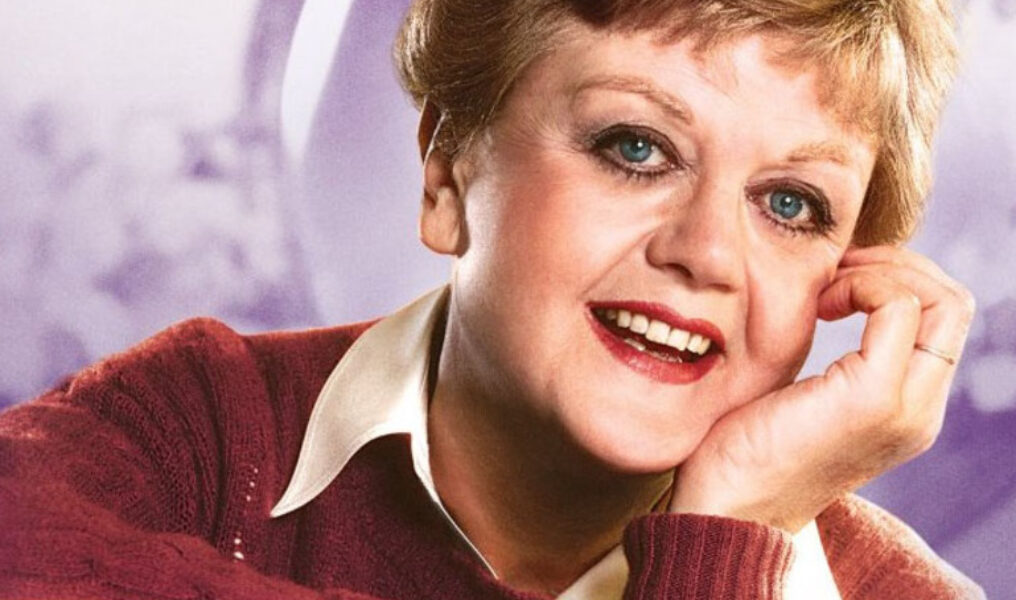How Angela Lansbury's Death Is a Reminder That Our Beloved Gay Icons Live On in Their Legacies

Dame Angela Lansbury has died. Just days shy of her 97th birthday, the legendary lady of stage, screen and television took her final bow Tuesday. The proud gay icon leaves behind a legacy of rich performances that will continue to entertain for decades to come.
Personally, in 1992, I was 20 and living in Miami doing a brief stint as a cast member — that’s what they called us employees — at The Disney Store, now basically defunct. They forced us to wear itchy and highly flammable cardigans and hideous polyester pants and, worst of all, subjected us daily to an endless loop of Disney songs playing on a big screen mounted at the back of the store.
The latest Disney film at that time was “Beauty and the Beast,” which gave me my introduction to Angela Lansbury. The renowned actress voiced the character of Mrs. Potts, a wise, talking teapot, who sang the title song in the film. By this time, Disney films were about as gay as a picnic basket. I did not know at the time but would soon learn that Lansbury and the gays had been engaged in a love fest for years.
From her debut and Oscar-nominated role as Nancy in 1944’s “Gaslight,” directed by George Cukor, whose homosexuality was well known in Hollywood circles, Lansbury thrilled gay audiences. She soon racked up another Oscar nomination starring as Sibyl Vane in the film adaption of Oscar Wilde’s “The Picture of Dorian Gray.” Next was a role as Elizabeth Taylor’s sister in “National Velvet” and a starring role alongside Judy Garland in “The Harvey Girls.” In short, Lansbury quickly established herself as a favorite with queer audiences.
These early roles all took place in the 1940s, but 26 years later, in 1966, Lansbury would take on the role that would solidify her place as a gay icon. She originated the role of Mame Dennis on Broadway. Co-starring was Bea Arthur as Vera Charles. The gays ran to the theater in droves. “Life is a banquet and most poor sons of bitches are starving to death,” Mame famously said. And gay men ate it up.
In the 1980s, Lansbury reinvented herself, starring as mystery writer and amateur sleuth Jessica Fletcher in the TV series “Murder, She Wrote.” Lansbury, who executive produced the show, would go on to do “Murder” for 12 seasons and four additional television movies. Jessica was not particularly glamorous — quite the opposite — but the gay audience identified with the feisty senior citizen who was so often cast aside and underestimated. The show was a universal hit. (And I’m proud to say that I own the entire series on DVD. Not that I play DVDs anymore. Or even remember how.)
Lansbury was still working up until 2018, when she appeared in a small role in the Disney sequel “Mary Poppins Returns.” In 2013, she was awarded an honorary Oscar to go along with the five Tony Awards she had previously won for her stage work. The following year, Lansbury was appointed Dame Commander of the Order of the British Empire by Queen Elizabeth.
In 2015, Lansbury was named No. 5 on Playbill’s list of Definitive Divas Who Are Gay Icons.
“I am very proud of the fact that I am a gay icon,” Lansbury, as reported by The Advocate, said in an interview while she was appearing in Blythe Spirit in London. She credited her status in the gay community to her role as Mame. “Everything about Mame coincided with every young man’s idea of beauty and glory and it was lovely,” she said.
As a man of a certain age (50), I continue to watch as the gay icons I grew up with make their exit one by one. Lansbury certainly had a good run. (May we all live to be 96 and in good health.) She lived a full life and was beloved.
Much like with “The Golden Girls,” I still watch “Murder, She Wrote” on occasion. It’s like comfort food for the soul. And, again, as with the “Girls,” “Murder” still appears on cable television regularly. The two are sort of strangely intertwined with a shared fanbase. Both are still as entertaining as they were when they made their 1980s debuts.
That’s the thing about gay icons. They are, in a way, immortal. They live on in celluloid and remain with us throughout the years, taking us back to a simpler place in time every time we watch them.
Dame Lansbury, thank you for your service. Please, rest well. I’ll see you soon in Cabot Cove.










